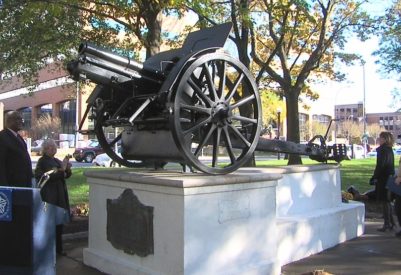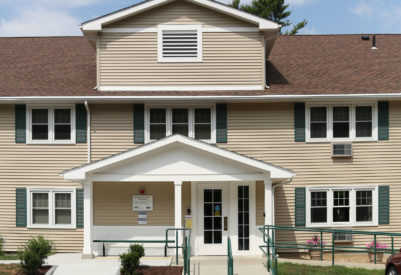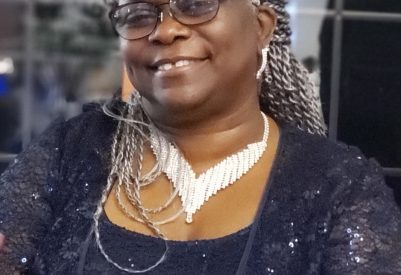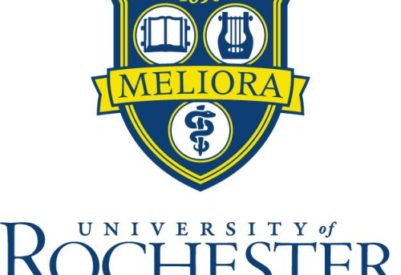
While growing-up, Monroe County Legislator and Spiritual Leader, Ernest Flagler Mitchell, spent most summers visiting his grandparents in Andrews, South Carolina (S.C.), a small township straddling Georgetown and Williamsburg Counties.
Because of their passion to lead and advise the oppressed, his grandparents had to endure, the many dangerous entanglements of slavery.
Within that perilous period, the Family’s Ancestral Tree has hallmarked male-figures throughout its lineage performing pastoral duties in black communities, starting as far back as the late 1500s.
“They’ve been preachers in my family throughout slavery to this day,” Mitchell points-out.
His grandmother and granddad, Bishop James Chapple Rush, is credited for establishing three of the biggest churches in the Andrews, S.C. area. And his granddad’s father and grandfather, were also bishops of the church.
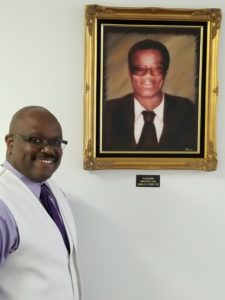
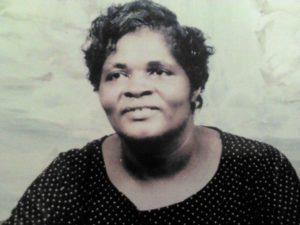
After passing-on, his granddad's son, Pastor James Rush Jr., took over pastoral leadership duties at his father’s church.
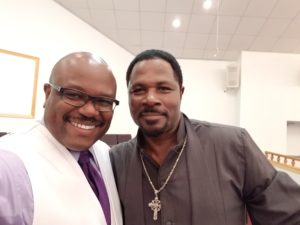
When Mitchell’s mother Bobbie Elam reached the age of sixteen, she decided to move to Rochester in 1968, where she worked and worshipped, until she received ‘the call’ like her dad and many others before her, to perform pastoral duties from a leadership position.
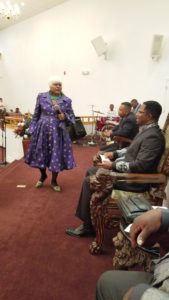
After opening her first church at 1525 E. Main Street in 1999, the congregation grew quickly, so she moved to 76 N. Union Street, where she oversees two churches, housed within the same building of its parent sanctuary, Word of The Cross Church Ministries.
However, unlike his predecessors, ‘the call” to serve for Mitchell was held hostage by the dissonance between the church and the streets.
Until one-night, during Mitchell’s gathering of family members to go out and return a punishing favor to some guys that he had problems with, turned into a sobering moment, when he elevated his head from his dinner plate to say goodbye to his wife, who was pregnant with Ernest Jr., crying profusely for him not to leave.
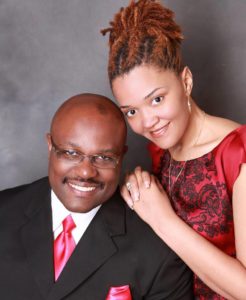
“That moment,” Mitchell said. “I knew was divinely empowered, because it was so powerful. I told myself right then, I wasn’t going-out that night. I’m going to church tomorrow,” he said. “I thought about my wife and unborn son and saw Life. And I wanted to be there to enjoy it with them.”
“I kept committed to the church,” he points-out. “I began going to deacons’ classes, because I wanted to be at church more. I knew, the more I was at church, the more healing I could receive, and the less urgings I’ll have to return to the streets.”
“Staying committed allowed those negative spirits that had attached themselves to me, to have time to fall-off,” Mitchell admits.
He began going to everything.
At prayer meetings, brotherhood meetings, deacon board meetings, minister classes, bible-study, Sunday School, Friday services, and evening services, Mitchell was there.
After becoming a deacon, he accepted a position as youth pastor, before attending Robert Wesleyan College, to study a survey class on the New and Old Testaments.
However, his elevation to Elder is when he also heard ‘the call,’ to perform pastoral duties from a leadership position.
He’s currently training to become a pastor, while performing duties as spiritual leader at ‘The Way and Near The Cross Church,’ located at 76 N. Union Street.
He will be consecrated in the month of February, in the year 2019.
His son Ernest Jr, who was a determining factor in Mitchell’s decision to leave the streets, got ‘the call’ like his father, grandmother and ancestral predecessors at 16-years old.
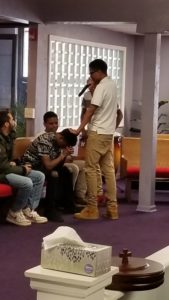
He gave his first sermon during church services in July of 2018.
“My daughter at 14-years old is also in-tune with the Word of God,” Mitchell says. “When she sings in church, I can see the power of my female ancestors within her. And when it comes to the ministry, it’s just a matter of time before she gets ‘the call,’ Mitchell said.



